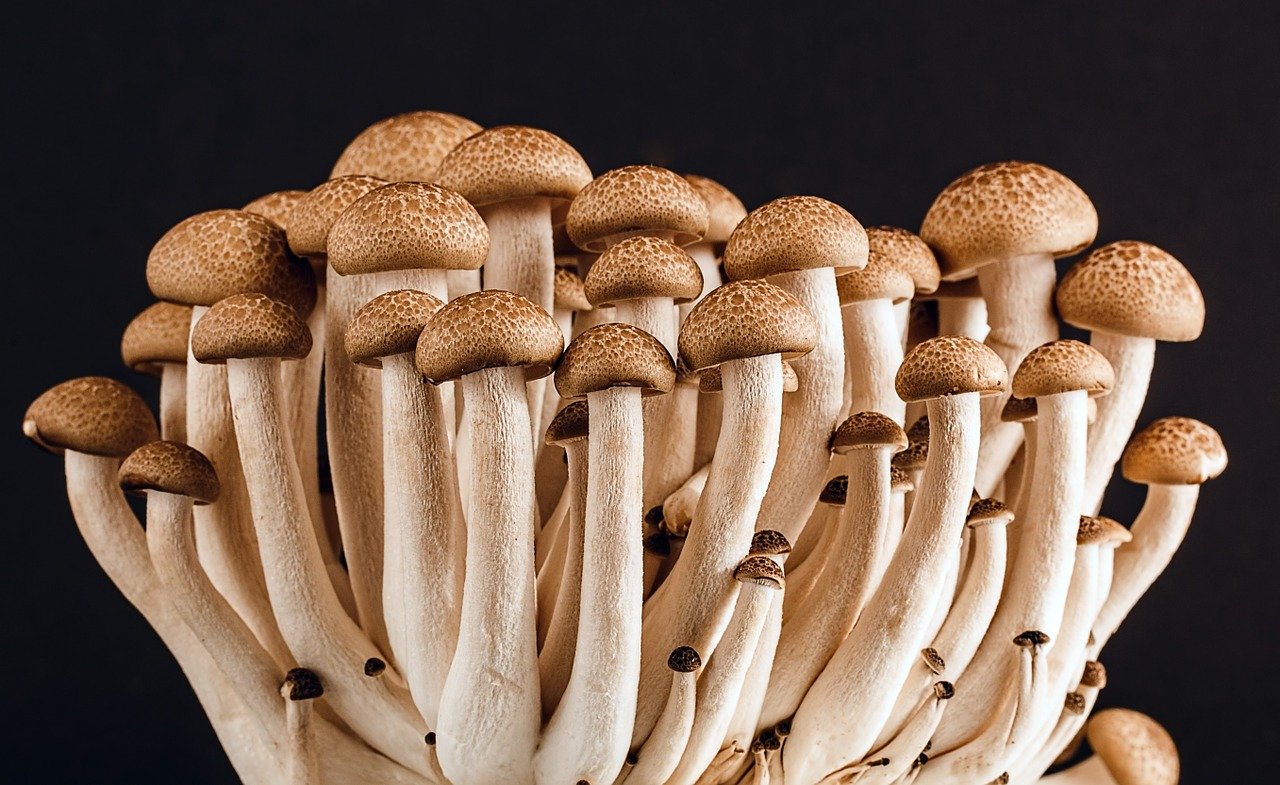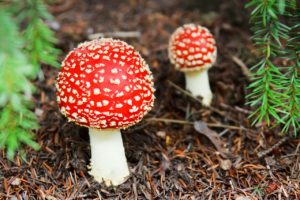Career And Scope Of Mycology
Mycologists study the properties of fungi, for example, mushrooms, molds, truffles, yeasts, and lichens. They also study how fungi can be utilized to profit society (for instance, in food or the environment) and the dangers fungi may present.
They study all kinds of fungus and ascertain how fungus impact humans, plants, and animals. Until the 1800s, it was assumed that fungi were simply a different kind of plant. By the mid-1800s, the microscope was invented, and it revealed that fungi had distinct features, separate from both plants and animal cells. The term mycology was coined in 1836 in a paper by M.J. Berkeley.
Fungi are utilized in several products like commercial chemicals, yogurt, antibiotics, vitamins, etc. So this mycology becomes one of the main domains to be studied and researched.
Fungi are present all around us… they rot our food and furniture, kill our plants, and in some cases, they even grow on us. But, without fungi, the terrestrial ecosystems of Earth wouldn’t function. Fungi play a huge role in the green world as they help break complex organic substances into carbon dioxide and alleviate radioactive wastes. Few types of fungi like mushrooms are edible and are being used to make delicacies.

Till now, almost 70,000 species of fungi have been uncovered; however, it is approximated that there are at least 1.5 million species not yet been discovered! So, there are a lot of opportunities in this field. A mycologist collaborates with fungi, which are living organisms such as molds, yeast, and mushrooms. Mycologists may develop advanced techniques for producing edible fungi, like mushrooms.
When ultraviolet light is subjected to mushrooms, they produce huge amounts of vitamin D. Few drugs that have been isolated from various fungus species are Penicillin, cephalosporin, griseofulvin, psilocybin, and ciclosporin.
Branches
- Medical Mycology: Identifying and studying fungi that are responsible for particular cause diseases in humans beings.
- Taxonomy: Naming, describing, and classifying unknown fungi.
- Food Mycology: Studying fungi that spoils food items.
- Plant Pathology: Studying the fungi that cause diseases in plants and controlling those fungal diseases.
- Industrial Mycology: Using fungi in the manufacturing of various products with the help of fermentation.
Educational Requirement
Mycologists require a bachelor’s degree in microbiology or a related discipline. Several schools supply degree programs in life sciences, including microbiology. Higher-level positions usually require a doctrate degree.
Key Skills
- Strong logical and problem-solving skills.
- Capability to work within a group.
- Outstanding written and oral communication skills.
- Experience in data analysis software.
- Skillful at identification, structure, development, dissemination, and classification of fungus.
- Skillful in finding the methods that can be used to control fungi.
- Experience in lab techniques – Sampling of fungi, preparing cultures, etc.
- Ability to interpret complex scientific data.
- Operating the lab equipment.
Must-know techniques for a mycologist
- Preparing media, reagents, and stains needed in the lab.
- Processing of samples
- Serodiagnostic tests and antifungal susceptibility testing
- Molecular techniques
- Quality control methods
Annual Salary – $71,471 (USD)
Role of a mycologist
- Some mycologists study mushrooms while others concentrate on some scientific study concerning microscopic fungus, which is responsible for various conditions in plants, animals, and humans.
- They execute numerous research and experiments pertaining to the fungal cell structure, replication, and how exactly they develop and grow.
- Study the efficiency of fungus to produce foods and other products.
- Mycologists who specialize in plant pathology interact with crop producers.
- Medical mycologists work in hospitals and coordinate with epidemiologists.
- Interpreting mycology lab reports and supervising clinicians in the diagnosis and control of fungal diseases.
Working Environment
The workspace of a Mycologist is not a desk job; most probably, they will be working in a laboratory setting. At times local traveling might be required as part of sample collection. The working hours are similar to other life science lab jobs – Companies usually work for 5/6 days a week and 9/10 hours per day. You may also have to do fieldwork for hands-on findings.

Careers options in Mycology
- Phytopathology
- Mycotoxicology
- Ethnomycology
Associations and Societies
- The Mycological Society of America
- The North American Mycological Association
- The Medical Mycological Society of the Americas
- The International Society for Human and Animal Mycology
Scope
Mycologists can find opportunities in several fields. The importance of fungus in crop growth, plant diseases, and fermentation indicates there are plenty of jobs available and the food industry. Mycology has a range of applications like chemical industries, the pharma sector, forensics, and many more.
The employment rate for mycologists is anticipated to expand to 13% by 2020. There is certainly a lack of workers in this specialized domain; the career outlook guarantees only a handful of well-qualified experts are there to engage in prospering mycology research.
Employers
- Agricultural sciences recruitment boards
- Government and private research institutes
- Specialist microbes producers
- Commercial fungi breeding companies
- Specialized fungi producers
- Pharmaceutical Companies
- Food and beverage companies
- University teaching and Research Institutes
- Mushroom production companies
- Biofuel production companies
- Agricultural companies
- Pharmacology laboratories
- Botanical gardens
Universities offering courses in Mycology
- The University of Manchester
- Westerdijk Fungal Biodiversity Institute, Netherlands
- Swedish University of Agricultural Sciences, Sweden
- Institute of Microbiology Chinese Academy of Sciences, Beijing, China
Career And Scope Of Mycology, Mycology: Career, employers, And Scope






